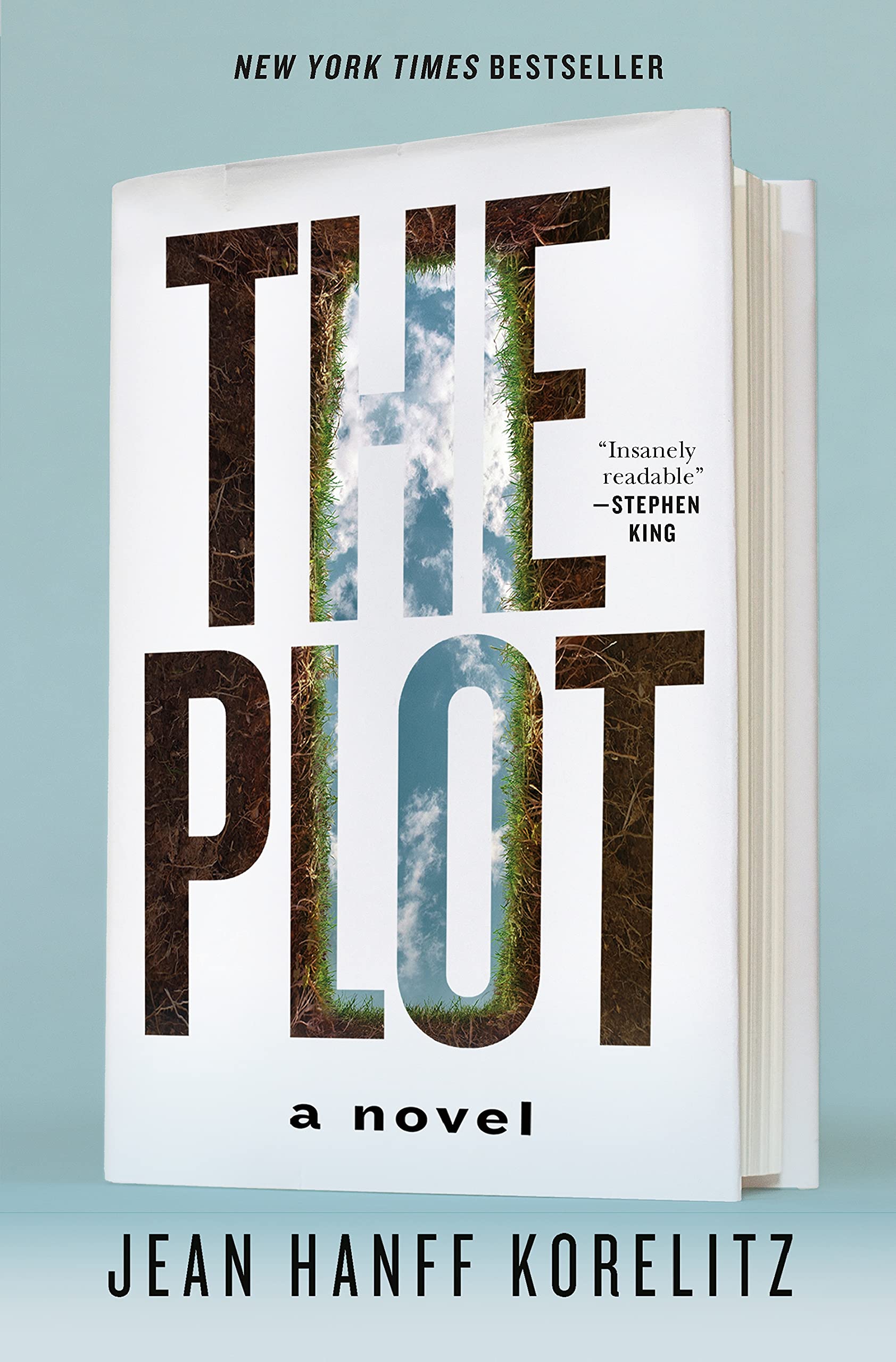Penelope Lively is an author that I have been interested in for a long time, but hadn’t read until this year. I just finished her most recent novel, Family Album.
Family Album is the story of the Harper family – mother Alison, father Charles, their six kids (Paul, Gina, Sandra, Katie, Roger and Clare) and au pair Ingrid, who all live together at Allersmead, a large but fading estate in England. Alison is frumpy and somewhat clueless, but focused entirely on being a mother and creating the “perfect childhood” for her six kids. Charles is a distant, distracted intellectual, who mostly ignores his children, weighing in only when discipline is needed. Ingrid, the au pair, stays with the family long after the kids have moved away, and is hiding her own secrets.
Family Album is essentially a collection of memories, with the now adult children telling the story of the family from shifting perspectives that reveal how they felt about their siblings, their parents, and their place in the family. Chapter by chapter, more is revealed about the odd Harper family. Alison seems to spend more time focusing on creating picture perfect holidays and birthdays than in actually engaging with her children and understanding who they are. The siblings form allegiances and individual bonds, but there is little warmth and caring among them. And Charles fritters away the years in his study, oblivious to the children growing up around him.
Lively’s writing is wonderful. It is understated and at times poetic. This is the opening to an early chapter:
When the day begins, when the light swells and within the house some people turn over in bed, some people blink, burrow down for some more sleep (Sandra, Katie, Roger, Clare), and others yawn, stare at the window or the clock, return to yesterday’s preoccupation (Charles, Paul, Ingrid), or simply pick up the thread of existence once more (Alison, Gina), when this spring morning gets up momentum there are nine at Allersmead, none of them more than a yard or two from someone else, but all poles apart within their heads their hearts. The adults are incapable of recovering what it is that goes on inside the mind of a person of six and a half, or ten, or fifteen. The children have on the whole not the faintest idea of what it is that drives and motivates their elders, or of the landscaping of their thoughts. The children have various instinctive understandings of why their sibling behave as they do; the adults retain the intimacy of daily association but have lost sight of one another in other ways – like most people, they know one another inside out, and not at all.
Breathtaking, no?
However, I finished this book, and felt kind of empty. In the end, the kids were so deeply affected by their unconventional childhood that they mostly rejected all notions of family themselves, dispersing around the world and barely staying in touch. I am not sure what Lively was trying to accomplish with this novel… was she making a statement about parenthood? Did she find any of her characters sympathetic? Is there anything redeeming in how Alison raised her brood of six? I wondered, when I finished, what was the point of the book?
That doesn’t mean I didn’t like it, or that I regret reading it. As a work of writing, it was definitely worth it, and I’d like to try out more of Lively’s work.










About Me
I have been blogging about books here at Everyday I Write the Book since 2006. I love to read, and I love to talk about books and what other people are reading.